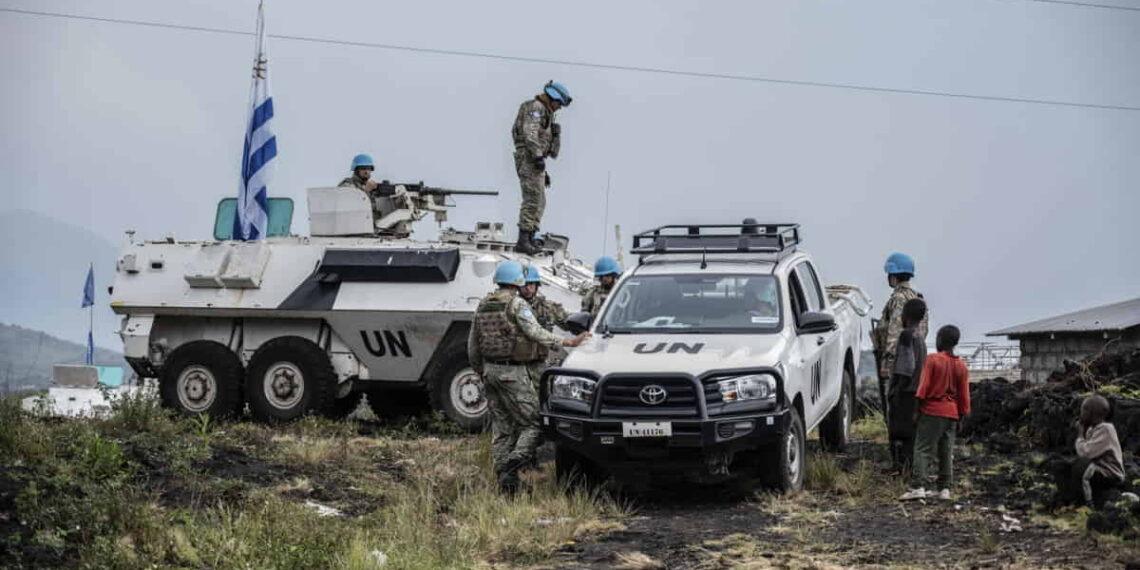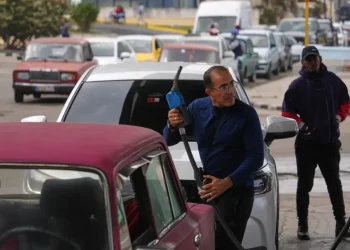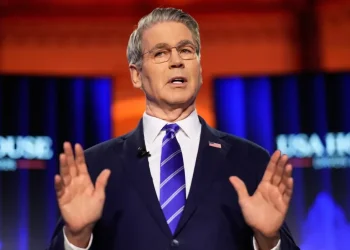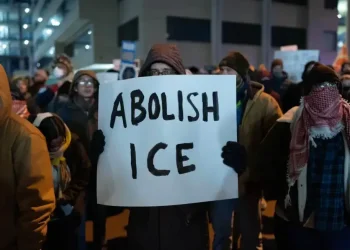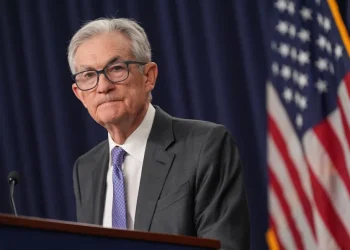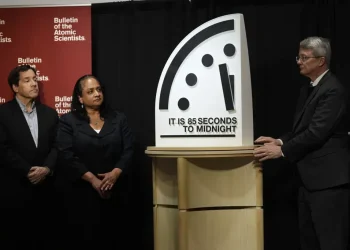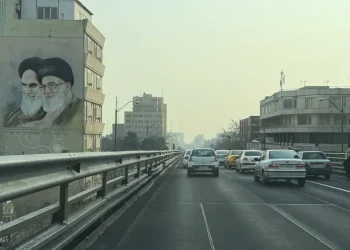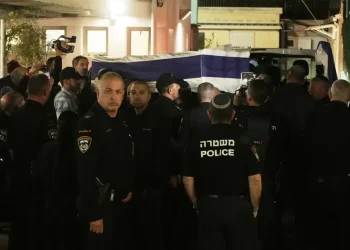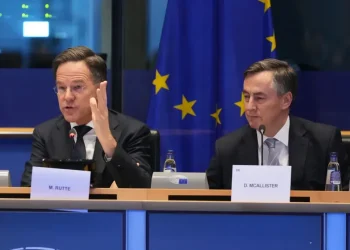Rebels Enter Outskirts of Goma, Airport Closed Amid Escalating Conflict in Eastern Congo
On Sunday, the M23 rebel group, backed by Rwandan forces, advanced to the outskirts of Goma, a crucial city in eastern Congo. The airport, a key lifeline for security and humanitarian efforts, has been rendered unusable, and at least 13 peacekeepers have lost their lives amid the violence. Thousands of residents have fled the escalating conflict, with many seeking refuge in Goma, which is now facing a severe crisis.
The M23 rebels, primarily made up of ethnic Tutsis who split from the Congolese army over a decade ago, have gained significant ground near the Rwanda-Congo border in recent weeks. Their advance has raised concerns that Goma, the provincial capital with a population of around 2 million, may fall soon. The city has long served as a regional hub for security and humanitarian aid, making its capture a significant blow to the ongoing peace efforts in the region.
Mass Panic and Displacement in Goma’s Outskirts
Bintou Keita, the United Nations special representative for the Democratic Republic of the Congo (DRC), briefed the UN Security Council on Sunday, emphasizing the severity of the situation. According to Keita, despite the presence of international peacekeepers supporting the Congolese armed forces, the M23 and Rwandan forces have infiltrated the Munigi area, just 9 kilometers (5 miles) from Goma. The violence has sparked mass panic, forcing thousands to flee their homes.
Keita reported that the rebels have effectively blocked roads and closed the airspace over Goma, halting both evacuations and essential humanitarian operations. “In other words, we are trapped,” Keita said, adding that the UN was temporarily relocating non-essential personnel out of the city.
Rwanda Accused of Backing M23 Rebels
The international community, including Congo, the United States, and UN experts, have accused Rwanda of supporting the M23 rebels, though Rwanda denies the allegations. Rwanda has acknowledged deploying troops and missile systems in eastern Congo to protect its security, citing the growing presence of Congolese forces near the border. UN experts estimate that up to 4,000 Rwandan troops may be stationed in Congo.
The crisis has led to a severe diplomatic rift between Rwanda and Congo. On Saturday, Congo’s Foreign Ministry announced that it was severing diplomatic ties with Rwanda, expelling Rwandan diplomats. In response, Rwanda condemned the move as a unilateral decision and evacuated its remaining diplomat in Kinshasa, citing threats from Congolese officials.
Civilians Fleeing in Fear for Their Lives
As the conflict escalates, civilians are caught in the crossfire. On Sunday, heavy gunfire was heard in Goma, prompting a wave of refugees fleeing from camps near the Rwandan border. Many refugees, including children, are heading south to Goma, fearing for their safety. Others are attempting to cross into Rwanda, seeking refuge from the violence.
Safi Shangwe, a mother fleeing from the Kanyaruchinya camp, shared her fear: “We are fleeing because we saw soldiers on the border with Rwanda throwing bombs and shooting. Our children are at risk of starving.” Others, like Adèle Shimiye, expressed uncertainty about the safety of Goma itself, as rumors of bombings have spread.
Humanitarian Crisis Deepens as Goma Faces Threat of Falling
The situation in Goma grows more dire with each passing day. Over 21 million people across Congo are already in need of aid, and if the fighting spills into Goma—one of the most densely populated cities in the region—the impact on civilians could be catastrophic. As the conflict intensifies, international organizations are calling for immediate action to protect innocent lives.
Earlier this week, M23 rebels seized control of Sake, a town just 27 kilometers (16 miles) from Goma, further heightening fears that the city could soon fall. Despite efforts by the Congolese army and allied forces, including UN peacekeepers and soldiers from the Southern African Development Community Mission (SAMIDRC), M23 continues to make significant territorial gains.
Casualties Among Peacekeepers and Military Forces
In the past 48 hours, two South African peacekeepers and one Uruguayan peacekeeper have been killed, and several others have been injured. South African soldiers serving in SAMIDRC have also suffered casualties, with seven troops killed in recent days. The loss of peacekeepers highlights the growing dangers faced by international forces working to maintain stability in the region.
The UN peacekeeping mission in Congo, which has been in place for over two decades, has approximately 14,000 troops deployed across the country. Despite their presence, the M23 rebel group’s continued advance into key areas, such as Goma, has raised serious concerns about the effectiveness of the current peacekeeping efforts.
The Road Ahead: Diplomatic and Military Efforts Needed
As the situation in eastern Congo deteriorates, calls for diplomatic and military solutions intensify. Rwanda’s Ambassador to the UN, Ernest Rwamucyo, emphasized that a military solution would not resolve the crisis. He urged the Congolese government to demonstrate a genuine commitment to peace, stressing the importance of returning to diplomatic and political processes.
UN Secretary-General Antonio Guterres condemned the M23 offensive, calling for an immediate halt to hostilities and a withdrawal of rebel forces. The international community remains deeply concerned about the growing humanitarian crisis and the destabilizing impact of the conflict on the region.
As Goma and its surrounding areas brace for further violence, the world watches closely, hoping for a peaceful resolution to a conflict that has caused immense suffering for civilians and peacekeepers alike.
This article was rewritten by JournosNews.com based on verified reporting from trusted sources. The content has been independently reviewed, fact-checked, and edited for accuracy, neutrality, tone, and global readability in accordance with Google News and AdSense standards.
All opinions, quotes, or statements from contributors, experts, or sourced organizations do not necessarily reflect the views of JournosNews.com. JournosNews.com maintains full editorial independence from any external funders, sponsors, or organizations.
Stay informed with JournosNews.com — your trusted source for verified global reporting and in-depth analysis. Follow us on Google News, BlueSky, and X for real-time updates.
